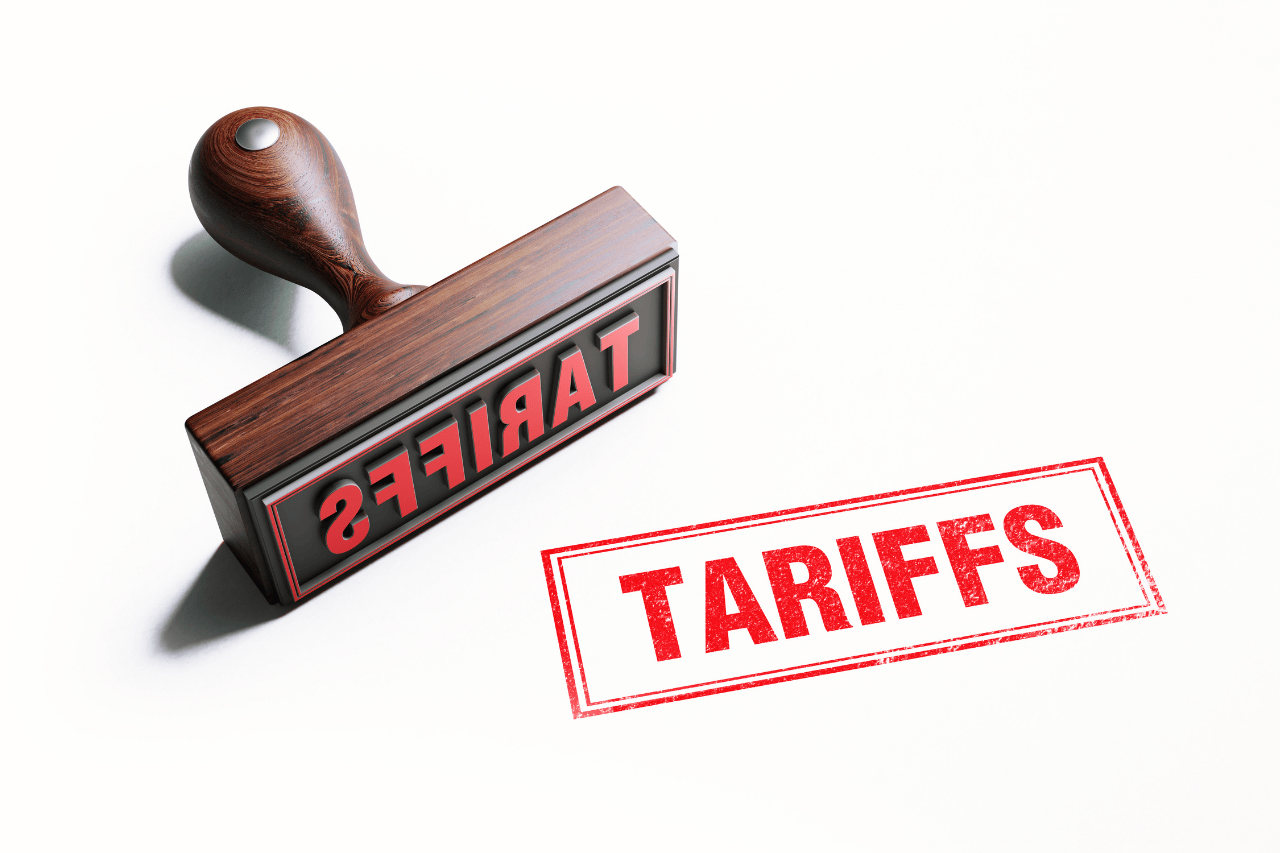Tariffs are back in a big way and they’re shaking up global trade. Is your business ready?
In April 2025, the United States announced sweeping tariffs on over 60 countries, including a staggering 145% tariff on Chinese imports. While the U.S. president has temporarily paused some of these tariffs for 90 days, the long-term implications are undeniable: global trade is shifting, and Nigeria isn’t isolated from the ripple effects.
So what does this mean for you as a Nigerian business owner? Whether you import products directly or rely on local suppliers who depend on international materials, tariffs could impact your costs, pricing, and overall profitability. Let’s break it down in a way that makes sense especially for entrepreneurs navigating Nigeria’s unique business landscape.
What Is a Tariff, and Why Should Nigerian Businesses Care?
A tariff is essentially a tax on goods imported from other countries. Think of it like a toll on a highway but for products entering a nation’s borders. When countries like the U.S., China, or the European Union impose or adjust tariffs, it affects global supply chains. And since Nigeria imports a large percentage of its goods from machinery to beauty products tariffs can lead to price increases across various industries.
Here’s how that works:
- Direct Impact: If you run a business that imports electronics, machinery, or raw materials from countries affected by U.S.-China trade tensions, you could see an increase in your procurement costs.
- Indirect Impact: Even if you buy from local wholesalers or distributors, those companies may pass on increased costs from their foreign suppliers to you.
For example, a Lagos-based fashion retailer buying fabric from a local distributor might still pay more if the distributor is importing from Asia or Europe, where costs have risen due to tariffs.
Real-World Example: Coffee, Beauty, and Construction
Let’s say you operate a café in Abuja. If imported Colombian coffee beans attract higher tariffs in international trade markets, your Nigerian supplier may pay more to restock. That supplier is likely to increase your prices. Suddenly, your ₦100,000 weekly order might cost ₦110,000 or more.
Now you must decide:
- Absorb the cost and watch your profit margins shrink?
- Raise the price of your cappuccinos and risk losing customers?
Similar scenarios could play out for:
- A bakery owner paying more for imported mixers or ovens.
- A salon owner dealing with price hikes on shampoos and skincare products made in South Korea or France.
- A contractor whose equipment parts are sourced from China.
Even businesses that never directly import anything can feel the tariff pinch.
How Nigerian Business Owners Can Prepare for Tariff Disruptions
While you can’t control international trade wars, you can take proactive steps to protect your bottom line. Here’s how to stay ahead:
1. Audit Your Supply Chain
Take a deep dive into your business’s supply chain. Create a detailed list of all goods you rely on raw materials, equipment, packaging, and even office supplies. Then, identify which items are imported directly or indirectly. This is your first step in spotting vulnerabilities.
2. Talk to Your Suppliers
Initiate conversations with your vendors. Ask how their sourcing is being affected and what price changes they anticipate. Can they offer longer payment terms, discounts, or alternative products made locally? Keeping open lines of communication helps you plan better.
3. Understand Your Pricing & Profit Margins
Review your current pricing structure. Which of your products have high margins? Which ones have little room for flexibility? This knowledge helps you make smarter decisions when costs rise. You might be able to absorb tariffs on some products but not all.
4. Start Building a Cash Reserve
While saving 3–6 months of operating expenses is the gold standard, even saving one month’s worth can give you breathing room. Start small: set aside a portion of your weekly profits to build a cushion. In a volatile economic environment like Nigeria’s, financial resilience is everything.
5. Use Scenario Planning Tools
Don’t leave your business’s future to guesswork. Use tools like LivePlan, Excel forecasting sheets, or SME-friendly accounting apps to simulate different cost and pricing scenarios. For example, model what happens if prices go up 10% or if customer demand drops by 5%.
Actionable Strategies for Nigerian SMEs
✅ Document Your Current Baseline
Track your average order quantities, lead times, and seasonal sales fluctuations. This gives you a reference point to measure any changes going forward.
✅ Set Clear “Trigger Points”
Establish what levels of cost increase will prompt you to raise prices, switch suppliers, or cut expenses. Example: if packaging prices go up 15%, it might be time to explore local options.
✅ Explore Local Alternatives
Now is the perfect time to look for made-in-Nigeria solutions. Can you source packaging, raw materials, or finished goods locally? This may reduce reliance on volatile international supply chains.
✅ Boost Operational Efficiency
Rising costs can be offset by tightening your internal operations. Look into:
- Reducing energy use
- Minimizing inventory waste
- Implementing lean staffing or digital tools
✅ Be Transparent With Customers
If you raise prices, train your team to communicate the reasons clearly. Nigerians are price-sensitive, but they also value honesty. Consider a simple script or sign explaining:
- Why price changes happened
- What you’re doing to control costs
- How you’re still offering value
Plan Ahead, Don’t Panic
Tariffs and trade shifts may feel overwhelming, but they don’t have to spell doom for your business. By staying informed, analyzing your finances, and planning for multiple scenarios, you’ll be better positioned to adapt and thrive even in an unpredictable economy.

